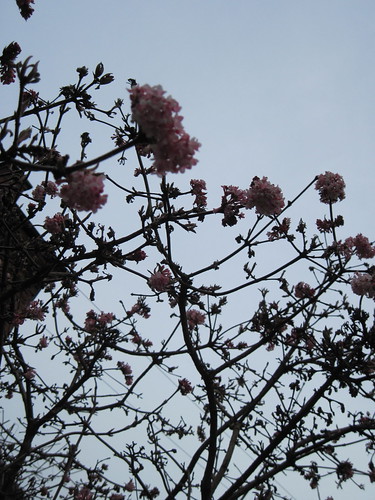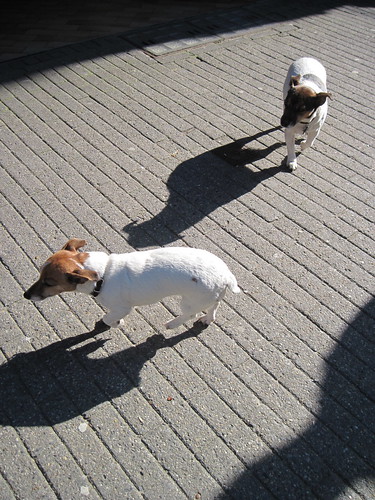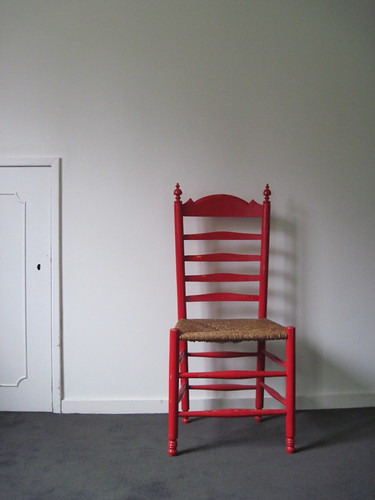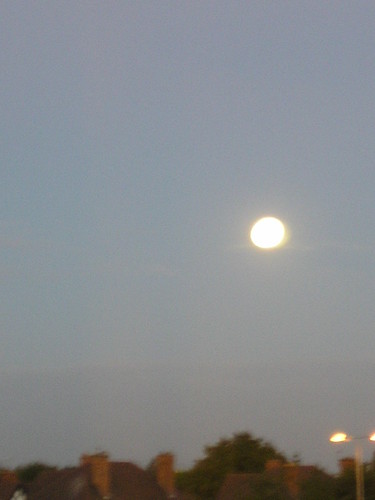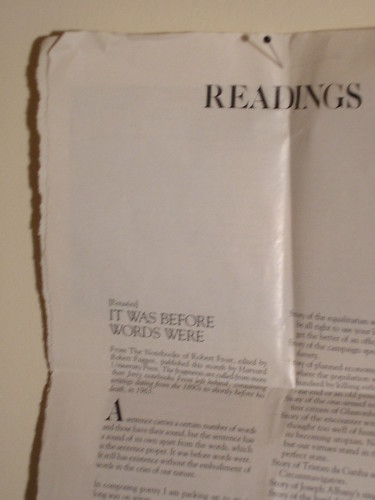poetry, daily: 11
Poems in a series are train cars, rooms in a house, little worlds with their own rules. And have to merit these. There's no flab on a freight train; everything working, everything carrying its weight.
Michel Foucault, in The History of Sexuality I: Composite bodies greater than their parts' sum (136).
--
--
All work here © 2010 and onward to me, Eireann Lorsung. Please do not reproduce my words in any form in print or online. If you wish to excerpt parts from the month of poetry featured here, please contact me: ohbara at gmail dot com.
Labels: "month of poetry", "writing exercise", Link, making, Poem, Poetry, Teaching, Thinking

